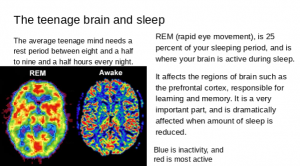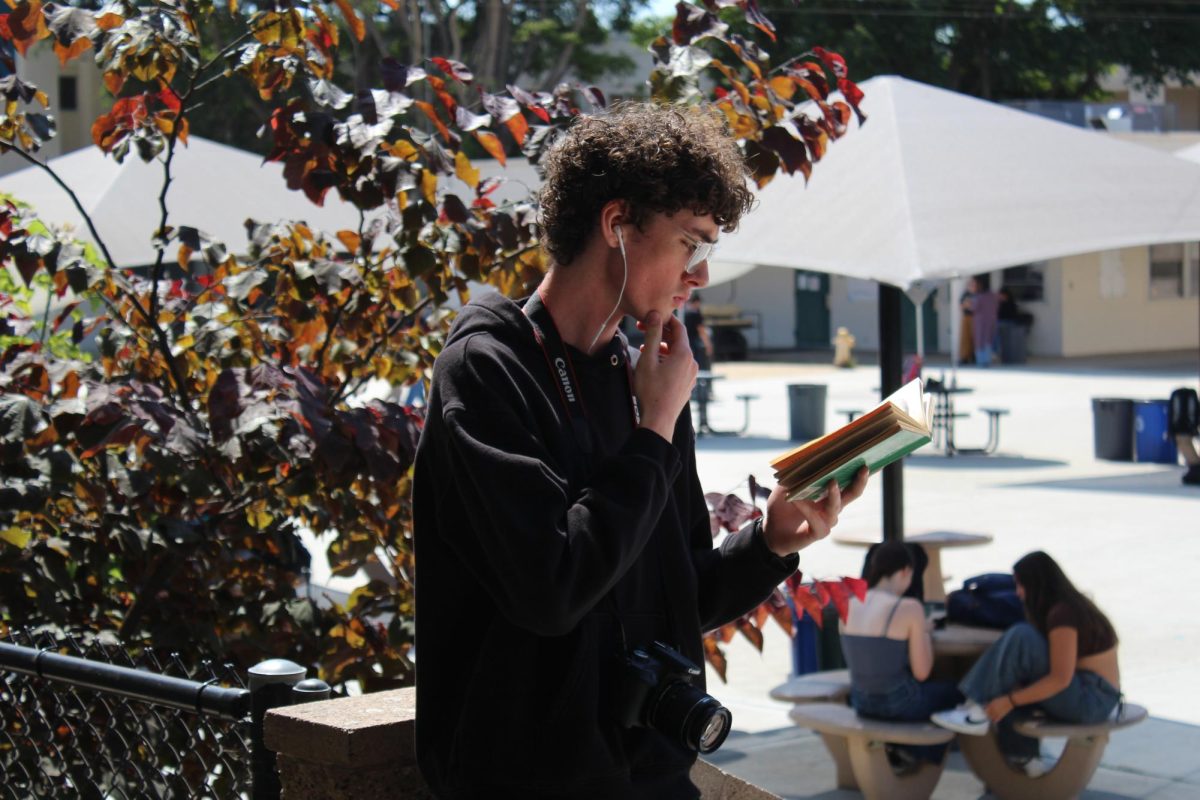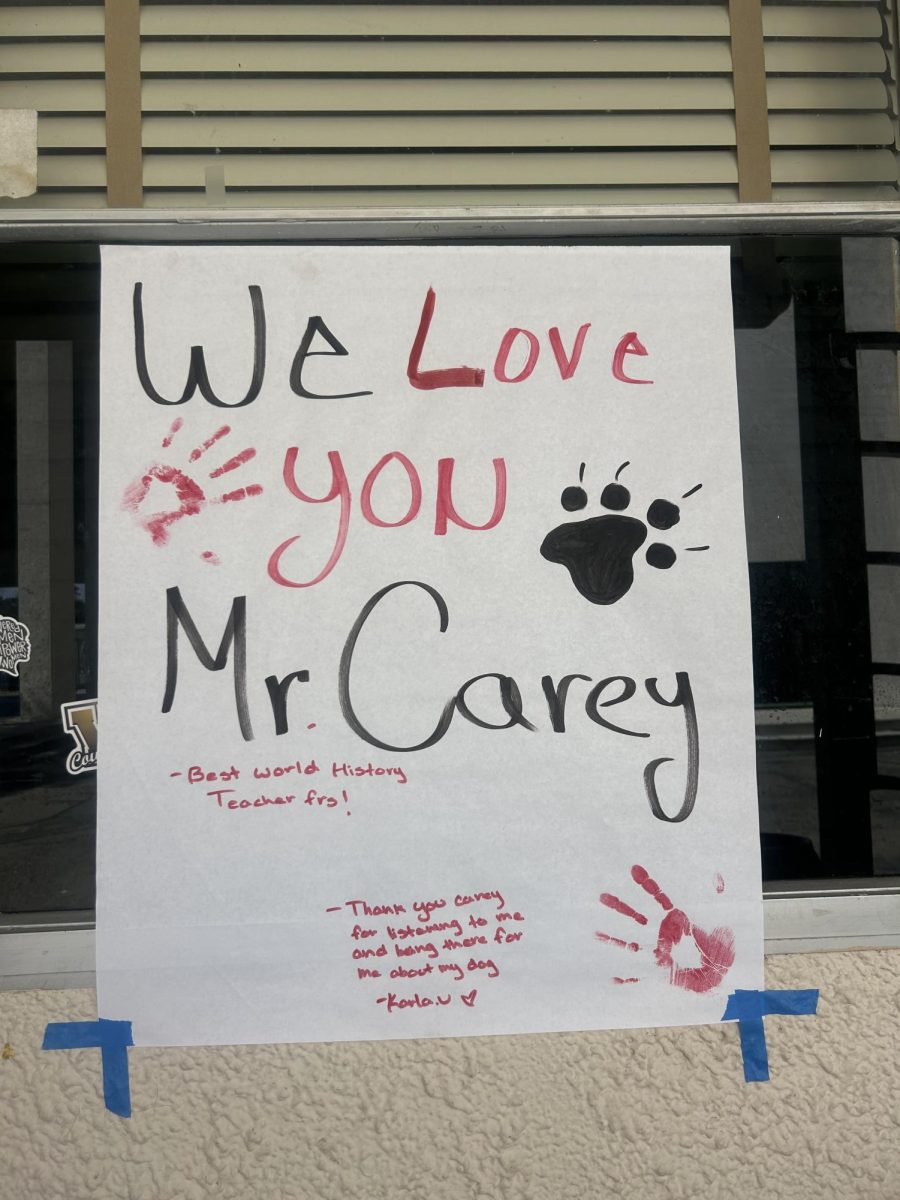It is true that time management is a cornerstone of productivity; productivity, being an essential skill a student should leave school with. But there is a point at which, no matter how time savvy and efficient a person is and no matter how much time hacks obtained, there simply is not enough time.
When asked what she thought about the school’s tardy policy, VHS junior Claire Bova said: “I don’t think there’s anything flawed about the policy. rules are rules, people should be expected to show up on time.”
What concerns us is that when one is taking rigorous courses, they are given a kind of choice between sleep and scholarly success. Granted, many people procrastinate, even us as the writers admittedly do.
And yes, this procrastination leads to even later hours of studying and less sleep, thus a more harsh waking up process.
But even if a student stops studying at 11:00 p.m. and takes even 30 minutes of time to themselves getting ready for the next day or taking a quick shower, the chances of them being in bed by 11:30 p.m. is highly unlikely.
Given that it takes different people varying amounts of time to fall asleep, let’s say that it takes t
his hypothetical student 10 minutes to fall asleep, they will not be asleep
till 11:40 p.m. at which point it will take them 90 minutes to get into REM sleep (i.e. Webmd).
Therefore, a student finally enters their first REM cycle at 11:40 p.m., and according to the National Sleep Foundation, “Teenagers need about 8
to 10 hours of sleep each night to function best.”
If they enter their REM sleep at 11:4
0 p.m. and have to wake up at 6:30 a.m. to get to school at 7:30 a.m., they will only get 6 hours and 30 minutes of sleep. This means they’re falling short of the 8-10 hours of sleep required for them to function adequately. According to the National Sleep Foundation, “one study found that only 15 percent [of teenagers] reported sleeping 8.5 hours on school nights.”
So even if the most responsible of students get less than the
minimum amount of sleep for the developing teens mind, how can they be expected to get up for school in the morning?
Junior Eva Connelly said, “It can be hard to get to school on time but I understand that in real life if you’re late to a job you’ll be fired so it makes sense that the school would have rules on that.” Something’s got to give, be it mandatory block scheduling or nightmarish devoid of pragmatism periods that begin when the last student shows up.









